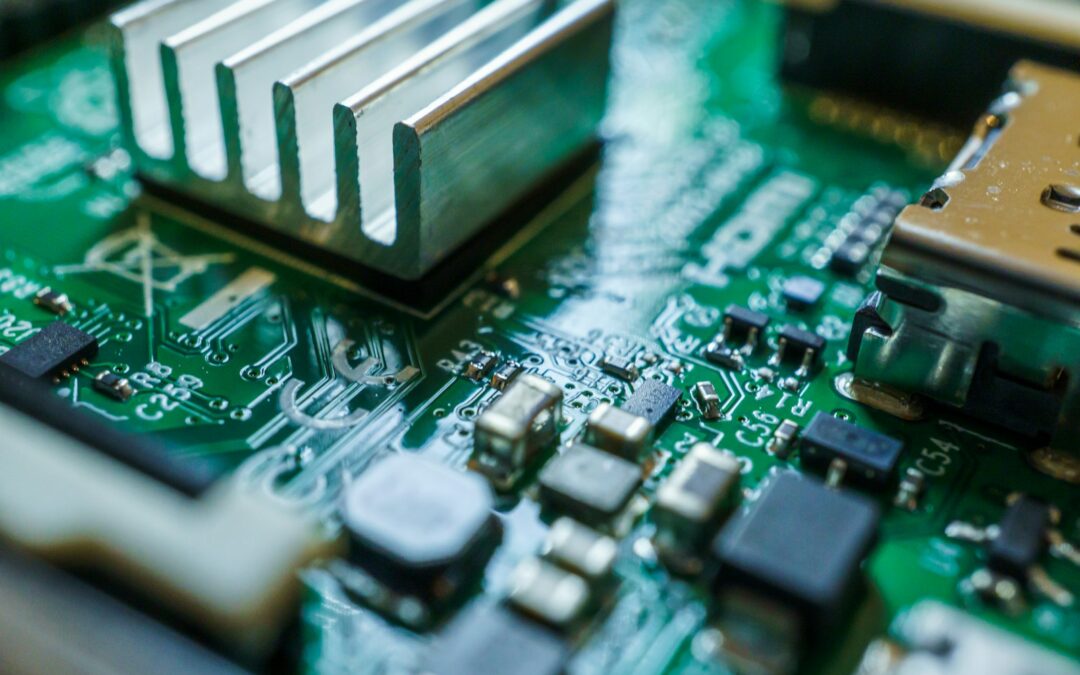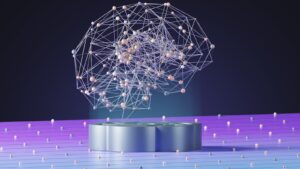Understanding Interoperability in IoT and M2M Systems
The Significance of Interoperability in IoT
Interoperability in IoT vs M2M is a critical factor that defines how these technologies differ and impact the implementation of connected systems. While Machine-to-Machine (M2M) systems focus on point-to-point communication between devices, the Internet of Things (IoT) encompasses a broader network of interconnected devices that must seamlessly exchange data across diverse platforms and protocols. This capability of interoperability within IoT systems allows for greater flexibility and scalability compared to M2M systems.
In the context of cities like Riyadh and Dubai, interoperability in IoT enables smart city initiatives to function effectively. For instance, a smart traffic management system in Dubai integrates data from various sensors and devices, such as traffic cameras and vehicle GPS, to optimize traffic flow. This integration requires a high degree of interoperability to ensure that data from disparate sources can be aggregated and analyzed in real-time, providing actionable insights that improve urban mobility and reduce congestion.
Similarly, in Saudi Arabia, interoperability in IoT is essential for advancing healthcare systems. Connected medical devices must be able to share data seamlessly with electronic health records (EHR) systems and other healthcare applications. This interoperability facilitates comprehensive patient monitoring and more coordinated care, enhancing overall healthcare outcomes. Unlike M2M systems, which might operate in silos, IoT’s interoperability ensures that different devices and systems can work together harmoniously, driving innovation and improving service delivery.
The Limitations of M2M in Terms of Interoperability
In contrast to IoT, M2M systems typically have limited interoperability due to their focus on specific, isolated communication protocols. M2M solutions are designed to perform dedicated tasks within a closed environment, which can restrict their ability to integrate with other systems. This limitation often results in fragmented data and operational inefficiencies, particularly in complex environments that require seamless interaction between multiple systems.
For example, an M2M system used for industrial automation in Riyadh may function effectively within its own network but struggle to interact with other systems, such as supply chain management or enterprise resource planning (ERP) systems. This lack of interoperability can hinder the ability to achieve holistic views of operations and limit the potential for optimizing processes across different business functions.
Moreover, the rigidity of M2M systems can pose challenges in adapting to new technologies and evolving industry standards. As businesses in Dubai and Saudi Arabia increasingly adopt advanced technologies such as Artificial Intelligence and blockchain, the inflexibility of M2M systems can become a bottleneck. In contrast, IoT systems, with their inherent focus on interoperability, are better equipped to incorporate new technologies and expand their capabilities.
Implementing Connected Systems: Challenges and Opportunities
Enhancing Connected Systems with Interoperability
The implementation of connected systems is significantly impacted by the level of interoperability between IoT and M2M technologies. For businesses and government initiatives in the UAE and Saudi Arabia, achieving seamless integration across various systems and devices is crucial for maximizing the benefits of connected technology. Interoperability facilitates the smooth exchange of data and operational coordination, leading to more effective and efficient solutions.
In the realm of smart buildings in Riyadh, for instance, interoperability enables different systems such as lighting, HVAC, and security to work together cohesively. This integration allows for centralized control and automation, leading to improved energy efficiency and enhanced building management. The ability to integrate diverse systems through IoT-based interoperability provides a substantial advantage over traditional M2M systems, which might require separate management and coordination efforts.
Similarly, in Dubai’s burgeoning smart transportation sector, interoperability plays a key role in integrating various transportation modes and systems. Connected vehicles, public transit systems, and traffic management infrastructure must communicate and share data effectively to optimize routes and enhance passenger experiences. The interoperability provided by IoT technologies supports the creation of a unified transportation network, improving overall efficiency and reliability.
Future Trends and the Role of Interoperability in Evolving Technologies
Looking ahead, the role of interoperability in IoT versus M2M will continue to shape the development and implementation of connected systems. As emerging technologies such as generative Artificial Intelligence and blockchain gain traction, the ability of IoT systems to integrate with these innovations will be a key factor in their success. Interoperability will enable IoT systems to leverage advanced technologies for enhanced data analysis, security, and automation.
For businesses in Saudi Arabia and the UAE, embracing interoperability in IoT will facilitate the integration of new technologies and the development of more sophisticated solutions. In particular, generative AI can benefit from the rich, diverse data collected through interoperable IoT systems, leading to more accurate predictions and innovative applications. Similarly, blockchain technology can enhance the security and transparency of data exchanges within IoT networks, providing added value to connected systems.
Overall, the future of connected systems will be defined by the ability to achieve and maintain interoperability. Businesses and governments in Riyadh, Dubai, and beyond will need to prioritize interoperability in their IoT strategies to fully harness the potential of emerging technologies and drive long-term success.
—
#Interoperability, #IoTvsM2M, #ConnectedSystems, #SaudiArabia, #UAE, #Riyadh, #Dubai, #ArtificialIntelligence, #ModernTechnology, #BusinessSuccess, #LeadershipSkills, #ProjectManagement













